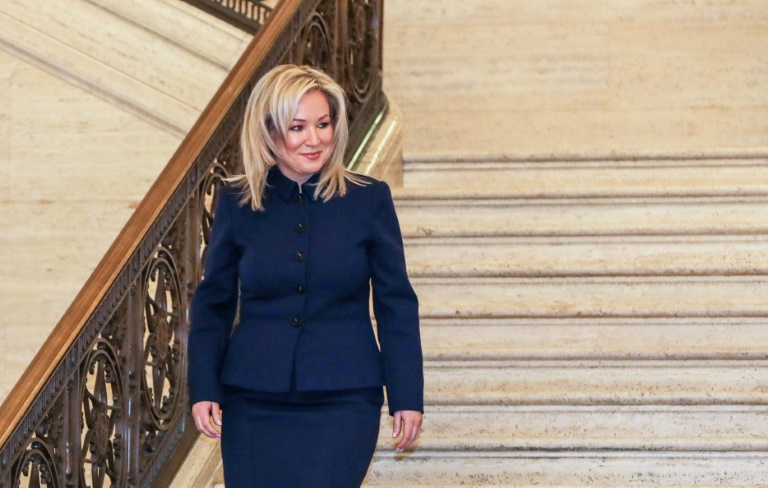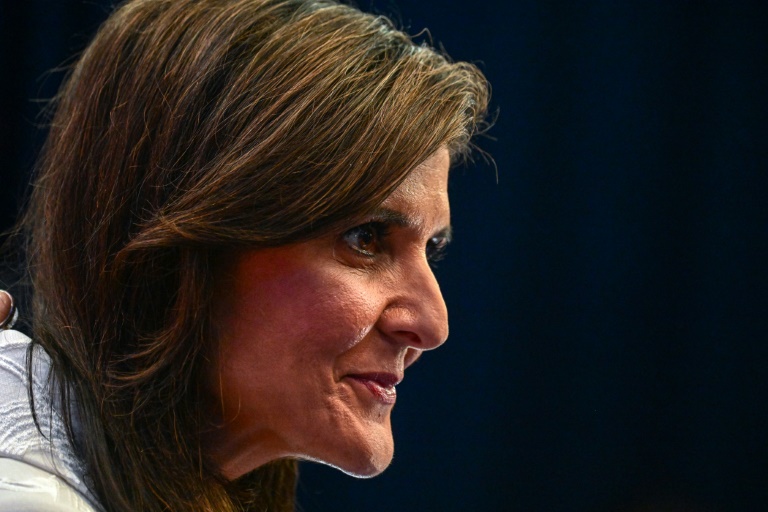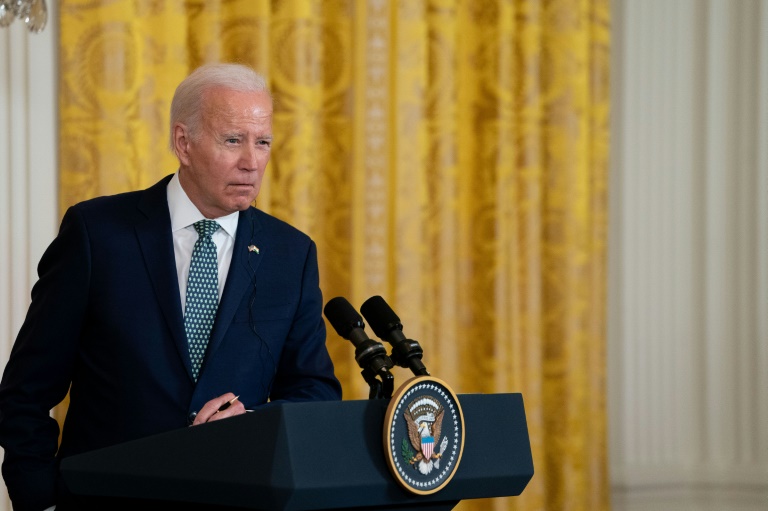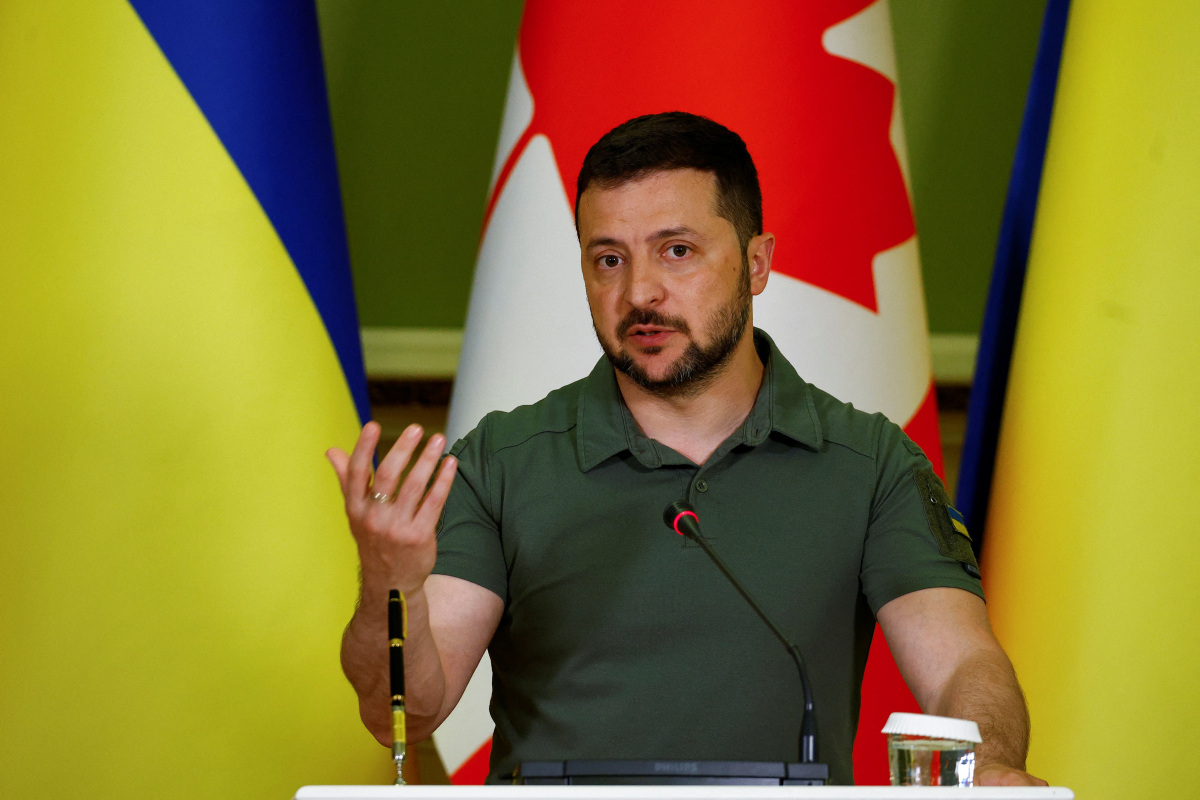Northern Ireland has begun a “decade of opportunity” during which it will hold a vote on unification with Ireland, the UK territory’s first nationalist leader said in an interview aired Sunday.
Pro-Irish unity politician Michelle O’Neill made history on Saturday becoming Northern Ireland’s first minister, in a return of power-sharing after the biggest pro-UK party ended a two-year boycott.
Speaking shortly after the landmark for the UK region, Sinn Fein’s O’Neill said she expected a referendum on reunifying with the Republic of Ireland in the next 10 years.
“Yes. I believe we’re in a decade of opportunity,” she told Sky News when asked if she anticipated a so-called border poll within that timeframe.
“There are so many things that are changing all the old norms, the nature of the state, the fact that a nationalist republican was never supposed to be first minister. This all speaks to that change.”
Northern Ireland was carved from Ireland in 1921 with an in-built Protestant majority, after pro-UK unionists had threatened civil war as the island sought self-rule from Britain.
Instead, three decades of sectarian conflict erupted within the UK territory in the late 1960s.
A 1998 peace deal largely ended the violence and provides for the possibility of an all-Ireland vote on unification, often referred to as a border poll.
Under the terms of the accord, the British and Irish governments should organise a vote if it becomes apparent that “a majority of those voting would express a wish” for Northern Ireland to split from the UK.
The mechanism for triggering such a referendum was never spelt out, but the trigger is seen as consistent reliable polling on the issue.
O’Neill has been first minister-designate since May 2022, when Sinn Fein became the largest party in elections for the 90-seat assembly amid shifting demographics towards the old Catholic minority.
But until this week, a Democratic Unionist Party (DUP) boycott of the Northern Ireland Assembly had prevented her from taking up the role.
Following two years of protracted negotiations, the DUP returned to power-sharing after this week agreeing a deal with London over post-Brexit trade rules it opposed.
DUP lawmaker Emma Little-Pengelly has become deputy first minister, a post which has equal weight with O’Neill’s.
As part of the agreement with the DUP, the UK government released a paper stating that it “sees no realistic prospect of a border poll leading to a united Ireland,” citing recent polling.
“We believe that… Northern Ireland’s future in the UK will be secure for decades to come and as such the conditions for a border poll are unlikely to be objectively met,” it added.
O’Neill said she disagrees with the assessment.
“I would absolutely contest what the British government have said in that document, insofar as my election to the post of first minister demonstrates the change that’s happening on this island, and that’s a good thing.”






